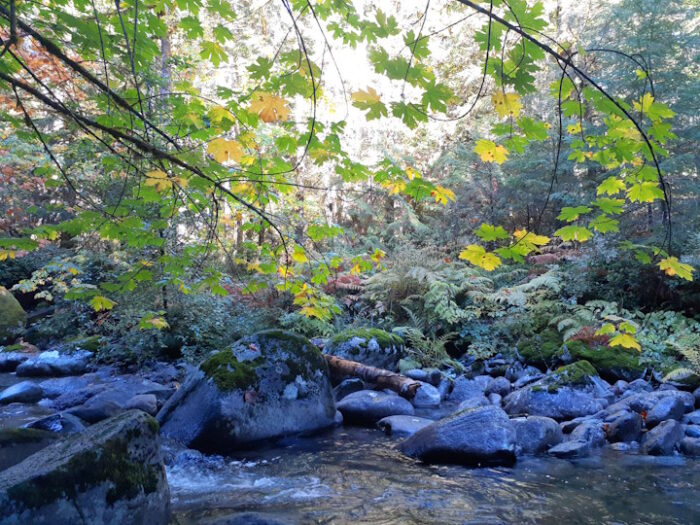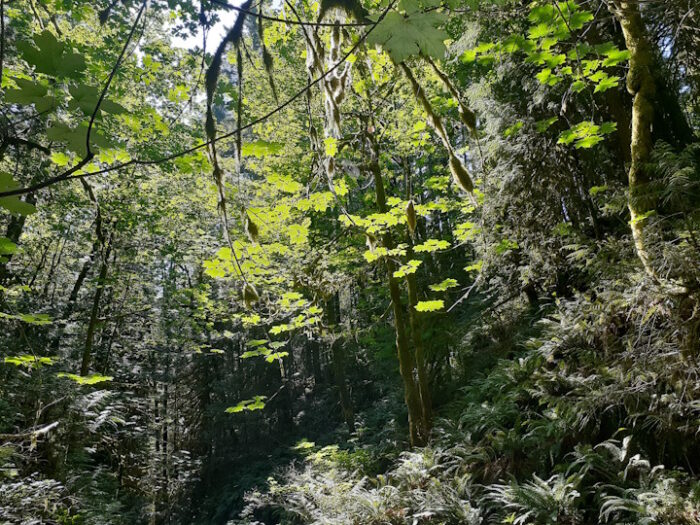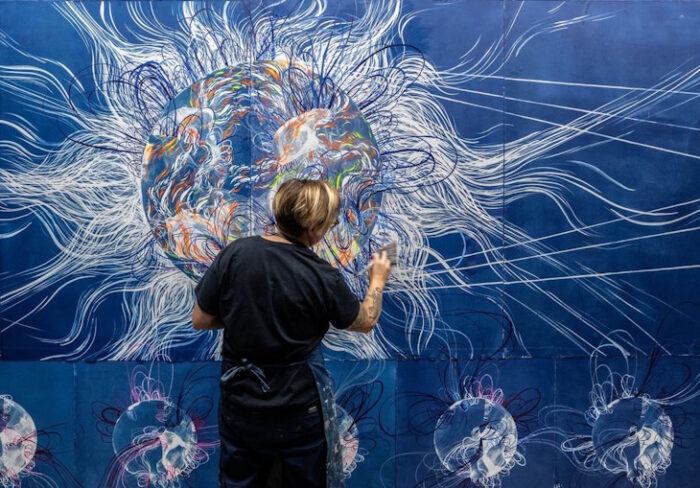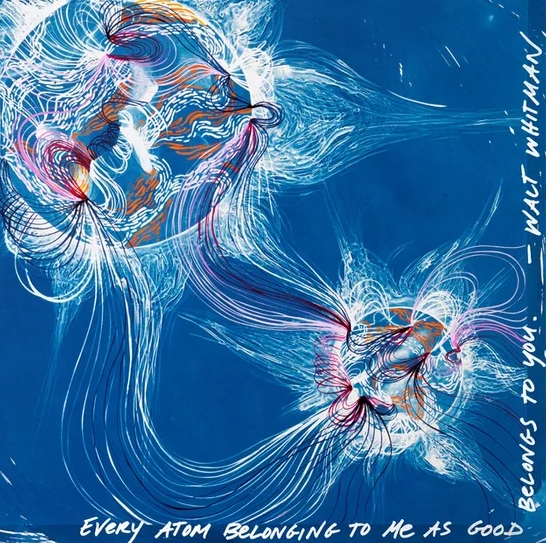Faces blaze white then fade. Angels weep.
A shell has fallen on a graveyard.
A grandmother and grandfather are wandering through ruins
like spectres. The dust will never settle.
Rockets have arrived and have taken out the streets.
All the dogs and cats have left, and the ones that couldn’t
are trapped and yowling in pain and confusion.
When a missile hit the side of a hospital, four girls died,
along with an expectant mother and the would-be father;
also a brother and two cousins, one who was visiting
from a city, 100 kilometers away, and one who had been talking
on the phone to his partner, who is living in Montreal.
A friend, even further away, in Whitehorse, is driving to work
to welcome an international group of environmental scientists,
he too is looking forward to hearing news of the birth.
In a Boeing 787, flying at 40,000 feet, a sister of the once-expectant
mother is reading Ken Follett’s new novel, Armor of Light.
She has planned a surprise visit. In the universal circle above that,
lifeless wails, torrid shrieks, factional curses, are rising,
along with the cries of orphans and the burnt ghosts of infants
and parents and siblings and so on, and the escaping spirits
of trees and animals, and the grief of homes and schools,
and the dying memories of ice cream trucks, playgrounds,
waterparks, and tricycles, and among the inconsolable prayers,
tentatively, Dear God, help us see our children in their children,
and their children in our own.





